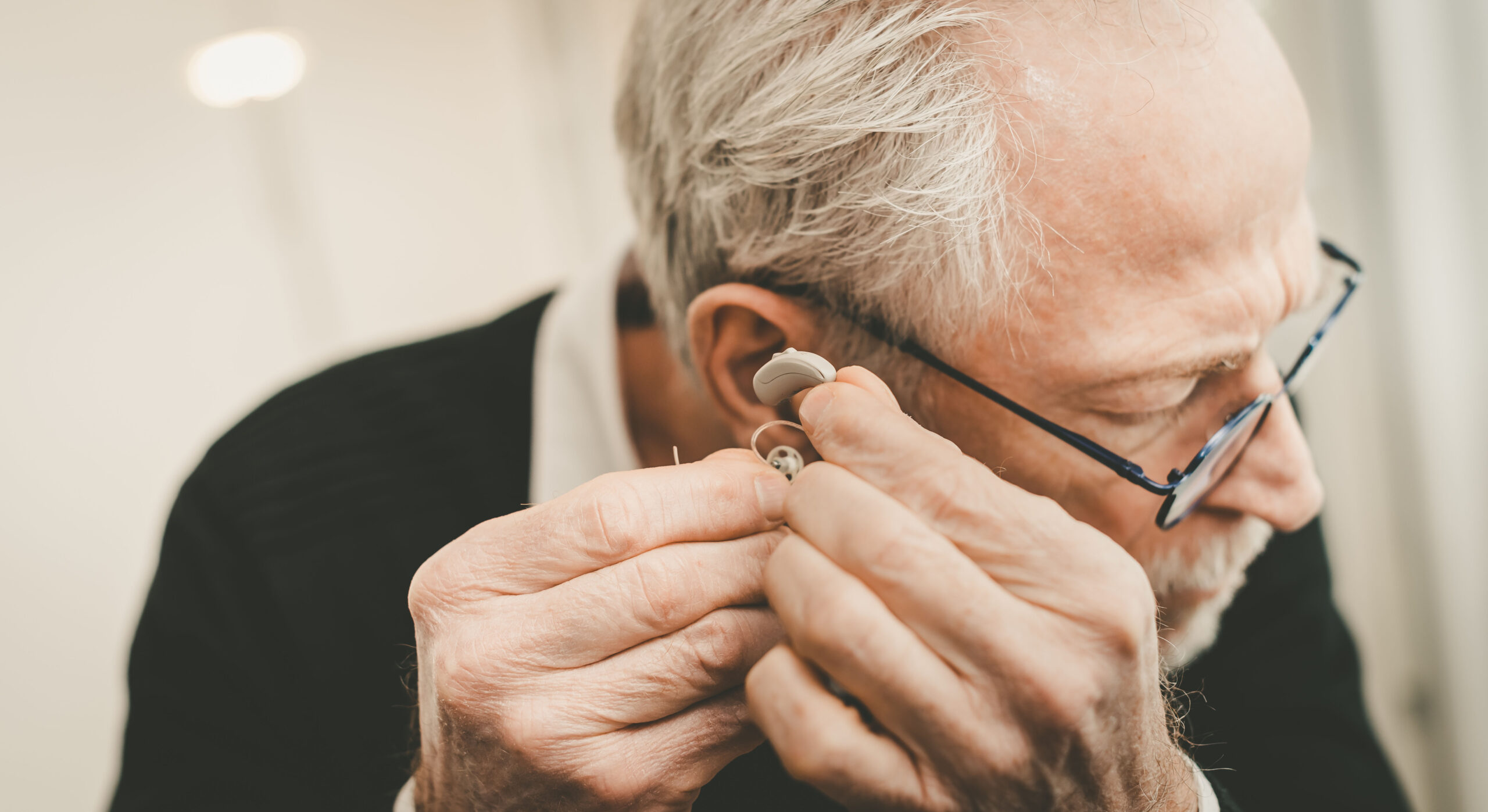Lung-on-a-Chip Tech Gains Ground in Personalised Respiratory Research

UK research bodies are increasingly adopting Kyoto University’s lung-on-a-chip technology, which simulates pulmonary function in vitro.
The microfluidic devices emulate breathing mechanics and tissue responses, allowing researchers to test therapies against real-time biological models.
Recent UK trials pair these chips with stem cell cultures to study asthma, COPD, and post-COVID fibrosis.
Clinicians are optimistic that lung-on-a-chip platforms can shorten drug development cycles and enable tailored treatment regimes.
This signals a shift from population-level respiratory therapies to precision care.
For biotech and pharma, it’s a cost-efficient alternative to animal testing and a major step toward predictive efficacy.
We could see future NHS trials incorporate chips as pre-screening tools, especially for chronic lung disease management.
It also underscores AI’s growing role in modelling complex biology with patient-specific variables

